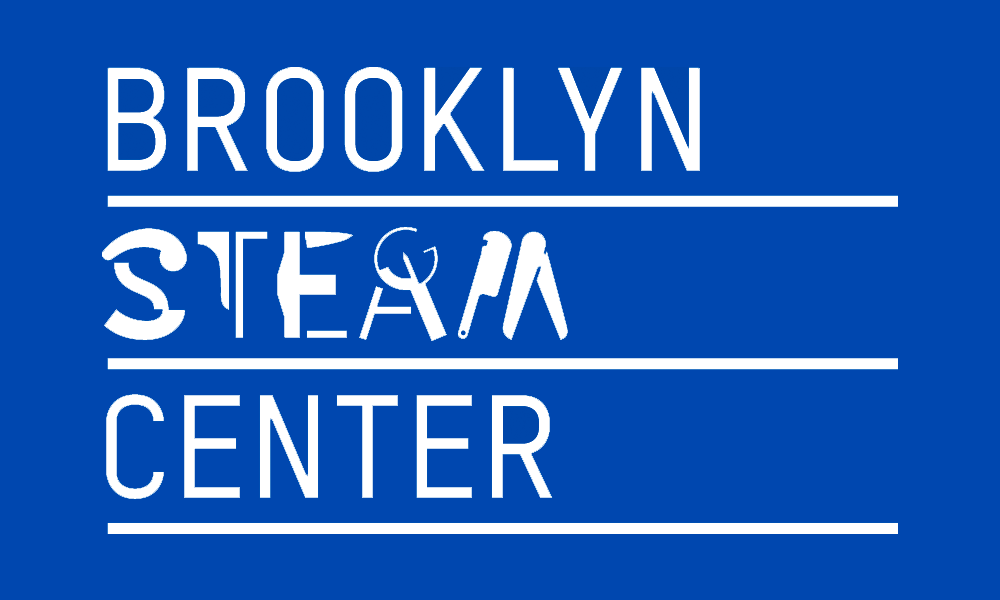
Electrical Installation
The Electrical Installation Technology pathway prepares students for careers in the electrical industry. Students learn:
- Electrical theory and safety practices
- Reading blueprints and schematics
- Installing and maintaining electrical systems
- Wiring techniques for residential and commercial buildings
- Troubleshooting electrical problems
- Renewable energy system installation and maintenance
The program includes hands-on training in a simulated work environment. Students can earn industry certifications and may participate in internships with local electrical contractors. Graduates are prepared for entry-level electrician positions or to pursue further education in electrical engineering. This pathway offers diverse opportunities in cutting-edge fields like solar power and automation, ensuring students have skills for the future of the electrical industry. Many program alumni have gone on to successful careers with reputable companies and enjoy fulfilling, well-compensated work in a growing job market.





